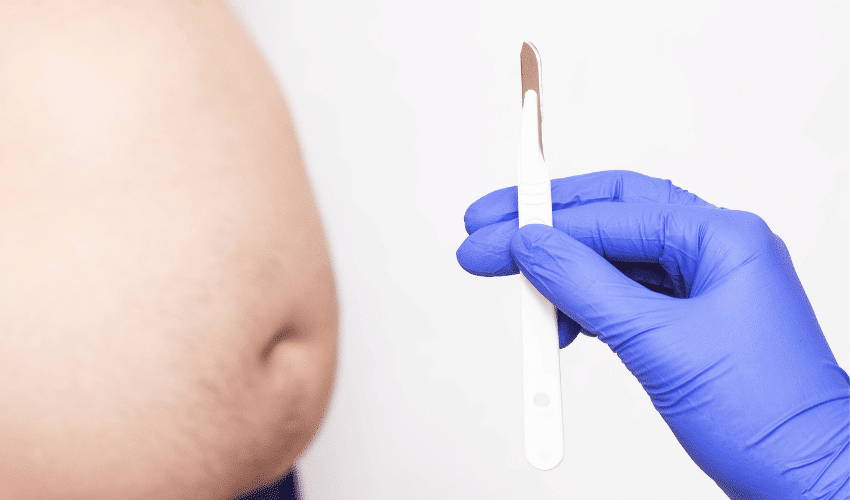3. Gastrectomy

Individuals who have undergone gastrectomy (partial or total removal of the stomach) are at risk of developing hypochromic microcytic anemia. The stomach plays a crucial role in iron absorption. The acidic environment in the stomach facilitates the conversion of dietary iron into a more absorbable form. Additionally, the stomach secretes intrinsic factor, a protein necessary for vitamin B12 absorption, which is essential for red blood cell production. When the stomach is removed or reduced, the body’s ability to absorb iron and other essential nutrients is compromised.
To manage anemia following gastrectomy, healthcare professionals may recommend oral or intravenous iron supplementation, depending on the severity of the anemia and the individual’s ability to absorb oral iron. In some cases, red blood cell transfusions may be necessary, especially if the anemia is severe or if the patient does not respond to iron supplementation.
Vitamin B12 deficiency is another common complication after gastrectomy, as the stomach’s intrinsic factor is crucial for its absorption. In these cases, patients may require vitamin B12 injections or high-dose oral supplementation to prevent pernicious anemia, a type of megaloblastic anemia resulting from vitamin B12 deficiency.
Lifestyle modifications, such as eating smaller, more frequent meals and avoiding foods that can exacerbate symptoms, can also be helpful in managing anemia and overall health following gastrectomy. Close monitoring by healthcare professionals and regular follow-up appointments are essential to ensure appropriate adjustments to treatment plans and monitor progress. (2)